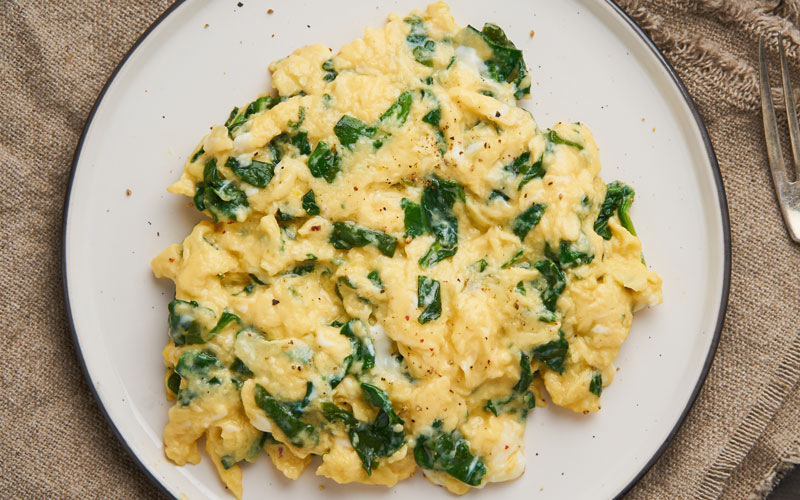
Vitamins & Minerals
When it comes to good nutrition, we often focus on calories, carbs, and protein — but vitamins and minerals are the quiet power players behind the scenes. While they are categorized as ‘micro’nutrients, they play a HUGE role in supporting hundreds of bodily processes, from bone health to immune defense to energy metabolism.
What Are Vitamins & Minerals?
- Vitamins are organic compounds your body needs to function properly. Most can’t be made by your body, so you have to get them from food.
- Minerals are inorganic elements that come from the earth and water, absorbed by plants and animals. Like vitamins, they’re crucial for health but needed in smaller doses.
Fat-Soluble Vitamins
Stored in the body’s fat tissue and liver, meaning you can store amounts over time.
- Vitamin A: Vision, immune support (carrots, sweet potatoes)
- Vitamin D: Bone health, calcium absorption (sunlight, fortified dairy)
- Vitamin E: Antioxidant, skin health (nuts, seeds, spinach)
- Vitamin K: Blood clotting, bone metabolism (leafy greens, broccoli)
Water-Soluble Vitamins
Dissolve in water and pass through your body quickly, so regular intake is important.
- Vitamin C: Immune health, antioxidant (citrus, bell peppers)
- B Vitamins (like B6, B12, folate, thiamin): Energy production, nerve function, red blood cell formation (whole grains, meat, legumes)
Major Minerals
Needed in larger amounts.
- Calcium: Bones, muscles, nerves (dairy, leafy greens)
- Potassium: Heart health, fluid balance (bananas, potatoes)
- Magnesium: Muscle/nerve function, energy (nuts, seeds, whole grains)
- Sodium: Fluid balance, nerve signals (salt, processed foods — moderation important!)
Trace Minerals
Needed in smaller amounts but still essential.
- Iron: Carries oxygen in blood (red meat, beans, spinach)
- Zinc: Immune health, wound healing (shellfish, legumes)
- Iodine: Thyroid function (iodized salt, seaweed)
- Selenium: Antioxidant, metabolism (Brazil nuts, seafood)
The best way to meet your vitamin and mineral needs is with a varied, balanced diet. Aim for:
- A rainbow of fruits and vegetables
- Whole grains
- Lean proteins
- Dairy or fortified alternatives
- Healthy fats like nuts, seeds, and oils
Supplements can help fill gaps, but they’re not a substitute for a nutrient-rich diet. Overdoing certain vitamins and minerals (especially fat-soluble ones) can be harmful. If you’re considering supplements, check with a healthcare provider or Registered Dietitian first.
Vitamins and minerals may be small, but they’re mighty. Understanding their roles and food sources empowers you to make smarter, more nourishing choices every day.
Your best bet? Eat real, colorful, whole foods — and let those nutrients work their magic.








